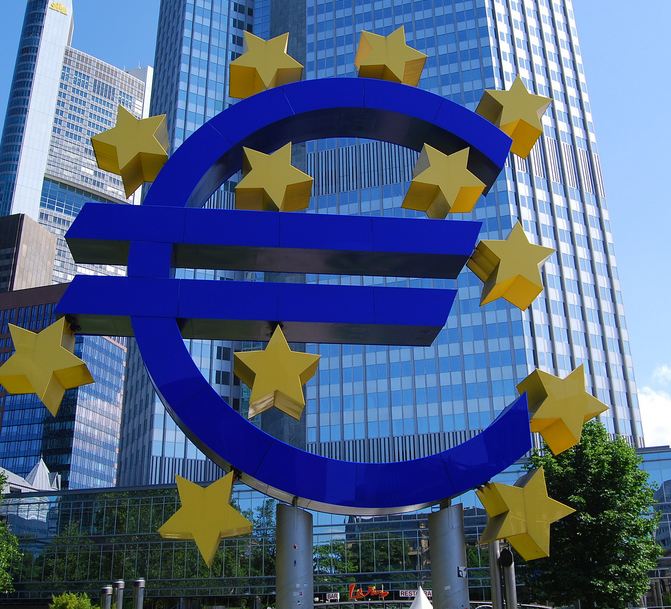Making one size fit all. Designing a cyclical adjustment insurance fund for the eurozone

The report of the four Presidents published in December 2012, “Towards a Genuine Economic and Moneteray Union” highlighted the need for a “shock absorption” capacity at the level of the euro area. We seek to contribute to this reflexion by proposing a Cyclical Adjustment Insurance Fund (CAIF) based on differences in output gaps.
To increase the convergence of business cycles across eurozone economies, the system would channel funds from overheating economies to those in downturn, hence substantially alleviating the procyclicality of the ECB’s “one size fits all” monetary policy. We use the synthetic output gap as indicator of an economy’s business cycle position. CAIF flows are then based on the difference between a member state’s output gap and the euro area aggregate output gap. The Fund is by definition balanced every year, and our simulation suggests that countries come close to a net-zero position over the long run.
In our baseline scenario, we assume that transfers represent 50% of the difference between individual and aggregate output gaps. We assume the fiscal multiplier to be at 1.2 as payments will substantially mitigate feedback loops, stretched over three years. Based on these assumptions, our simulation shows that, had the Fund been in place at the inception of the euro, the average standard deviation of individual output gaps from the eurozone aggregate output gap would have been 39.4% lower than what was experienced in the past 14 years. Furthermore, smoothing effects would have been the strongest in times where differences had become the starkest, namely in the run-up to the crisis 2005-2007 and in the last two years. Almost all EMU founding members would have been close to a net-zero financial position at the end of the simulation period.
This Policy Paper is an implementation proposal to the idea of a cyclical insurance adjustment fund presented in the report “Completing the euro. A road map towards fiscal union in Europe” of the Tommaso Padoa-Schioppa Group.





